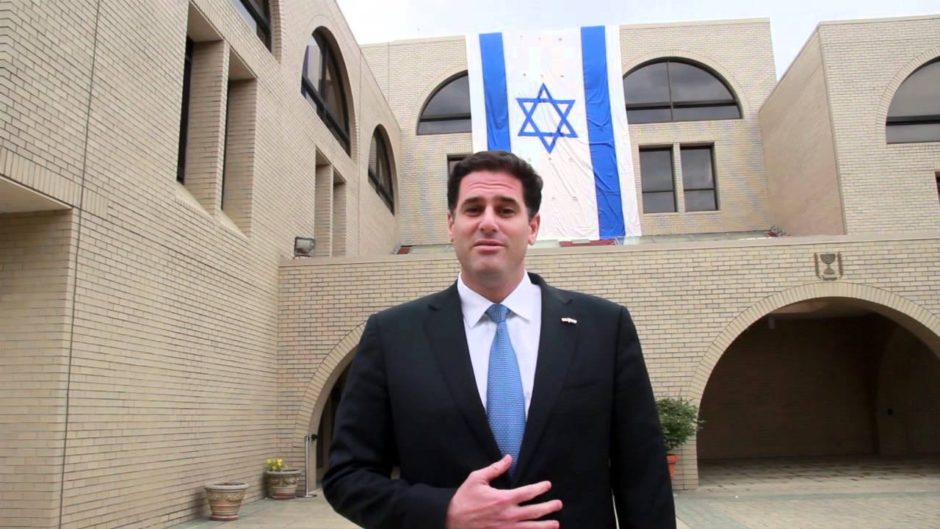Israel’s ambassador to the United States, Ron Dermer, has painted himself into a corner, revealing himself as an ultra-partisan political operative.
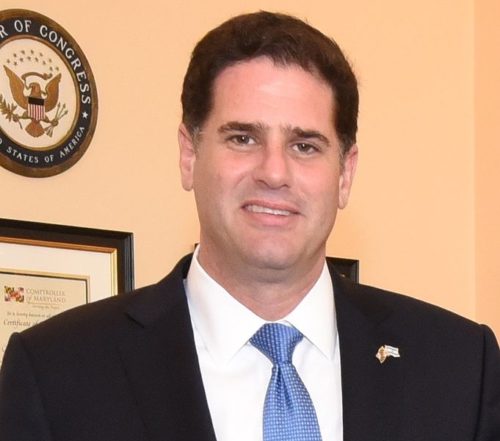
Since his appointment in 2013, he has steadfastly refused to meet the leaders of progressive Jewish organizations, notably J Street, the New Israel Fund and Americans for Peace Now. All of them are critical of Prime Minister Benjamin Netanyahu’s hardline policy toward the Palestinians and his opposition to a two-state solution.
Dermer is his master’s voice, but he’s hardly a marionette on a string. He completely shares Netanyahu’s right-wing agenda.
Their joint decision to boycott American Jews on the left is not in the least surprising.
Israel has been steadily moving to the right since the 1967 Six Day War. The election of Donald Trump as president of the United States has not only accelerated this historic process but emboldened Netanyahu to abandon his previous show of moderation.
Under pressure from the United States, Netanyahu paid lip service to the idea of Palestinian statehood from the time he was reelected in 2009. But since Trump’s triumph in 2016, he has turned his back on a two-state solution and emphasized his attachment to and support of the Jewish settler movement in the West Bank, where a future Palestinian state would presumably be established.
He has done so in the full knowledge that the majority of American Jews endorse a two-state solution within the framework of a just peace agreement between Israel and the Palestinians, an outcome that has become increasingly remote in the past few years.

One can only conclude that the only segment of the American Jewish population that Netanyahu really cares about and cultivates is conservative and Republican in orientation.
As observers have correctly point out, the current Israeli government — the most right-wing since the formation of the state in 1948 — has virtually written off Jews outside this circle. That explains why Netanyahu reneged on an agreement to build an egalitarian prayer space at the Western Wall in Jerusalem, and why Israeli police arrested a Conservative movement rabbi in Haifa in July for having officiated at a non-Orthodox wedding.
Netanyahu believes that politically conservative Jews — Orthodox and secular — represent the future of American Jewry. Netanyahu’s calculation may well be correct, given the liberal ethos of many American Jews, their growing intermarriage rate and assimilation into mainstream America, and their increasing disaffection with Israel’s rightward direction.
Netanyahu has also alienated this important demographic by cozying up to Trump. According to a recent survey, 77 percent of American Jews disapprove of Trump and his policies, both domestic and international.
To illiberal American Jews, however, Trump is a dream-come-true. He recognized Jerusalem as Israel’s capital, moved the U.S. embassy in Tel Aviv to Jerusalem, relinquished America’s role as an honest broker between Israel and the Palestinian Authority, and withdrew from the Iran nuclear accord.
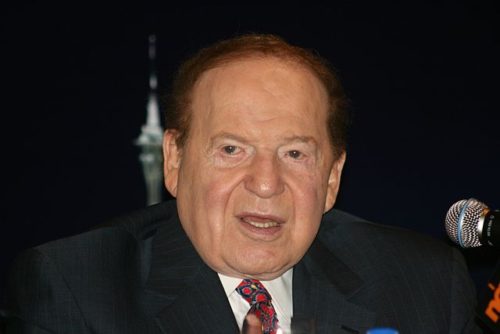
It’s no coincidence that Trump’s single biggest financial supporter is the Jewish casino mogul Sheldon Adelson, a hawk with respect to the Arab-Israeli conflict.
In addition to cultivating conservative Jews, Netanyahu has been assiduously courting American evangelical Christians, most of whom are ardently pro-Israel. By Dermer’s estimation, “devout Christians” now comprise the “backbone” of American support for Israel. As he told The New York Times, in a direct reference to this group, “It’s got to be a solid quarter of the population, and that is maybe 10, 15, 20 times the Jewish population.”
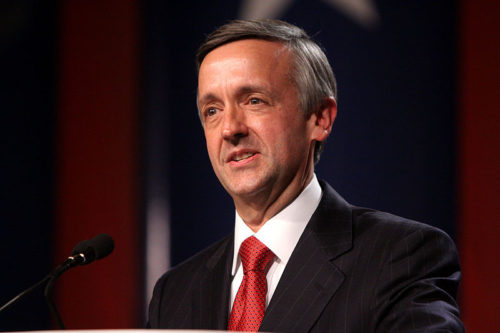
It came as no surprise, therefore, that Robert Jeffress, the pastor of a major Southern Baptist church in Dallas and a keen Trump supporter, delivered the opening prayer at the official inauguration of the new U.S. embassy in Jerusalem five months ago.
Netanyahu and Dermer, both Republicans in ideological terms, have calculated they have little or nothing to lose by aligning themselves so closely with the Republican Party. As they know, Republicans tend to be more pro-Israel than Democrats, which is not the way it used to be. A recent Pew Research Center survey found that 79 percent of Republicans sympathize more with Israel than with the Palestinians, compared with only 27 percent of Democrats.
In light of these figures, which could well represent a long-term political trend, the current Israeli government seems to have concluded that the concept of bipartisan support for Israel is outdated.
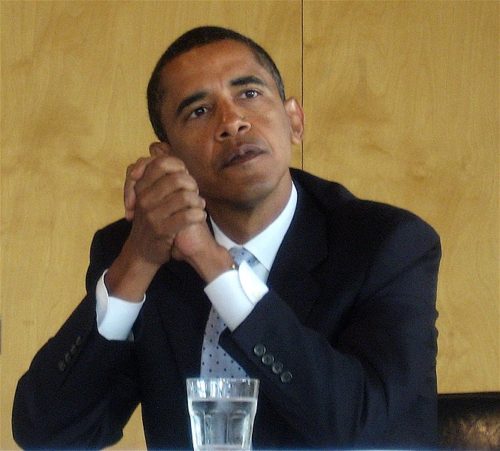
One striking example comes to mind. In the late winter of 2015, Dermer angered the Obama administration by persuading the Republican Speaker of the House, John Boehner, to invite Netanyahu to address a special session of Congress. During his impassioned speech, he denounced the still-unsigned Iran nuclear agreement, which Barack Obama supported and promoted.
Dermer’s ploy, which worsened Netanyahu’s generally frosty relations with Obama, was hardly surprising. Before making aliyah from the United States, he worked for Republican pollster Frank Luntz, who assisted the then Speaker of the House, Newt Gingrich, in crafting the Republican Party’s policy platform.
Nonetheless, Dermer has spoken of the importance of bipartisan support for Israel. Last year, in an address to the Jewish Democratic Council of America, an advocacy arm for Jewish Democrats, he declared, “You can’t fly a plane with one wing.”
He was plainly stating the obvious. But in the meantime, Dermer is continuing to shun American Jewish progressives, who usually vote for Democrats, while cultivating conservative Jews, who tend to cast their ballots for Republicans.
Dermer and Netanyhau doubtless think they are taking the long view, acting strategically and are on the right side of history. But in allying themselves with conservative Jews at the expense of progressive Jews and forming a tacit alliance with the Republican Party at the cost of upsetting Democrats, they are taking an enormous gamble and tempting fate.
It’s a strategy that could well backfire in the future, costing Israel dearly.
